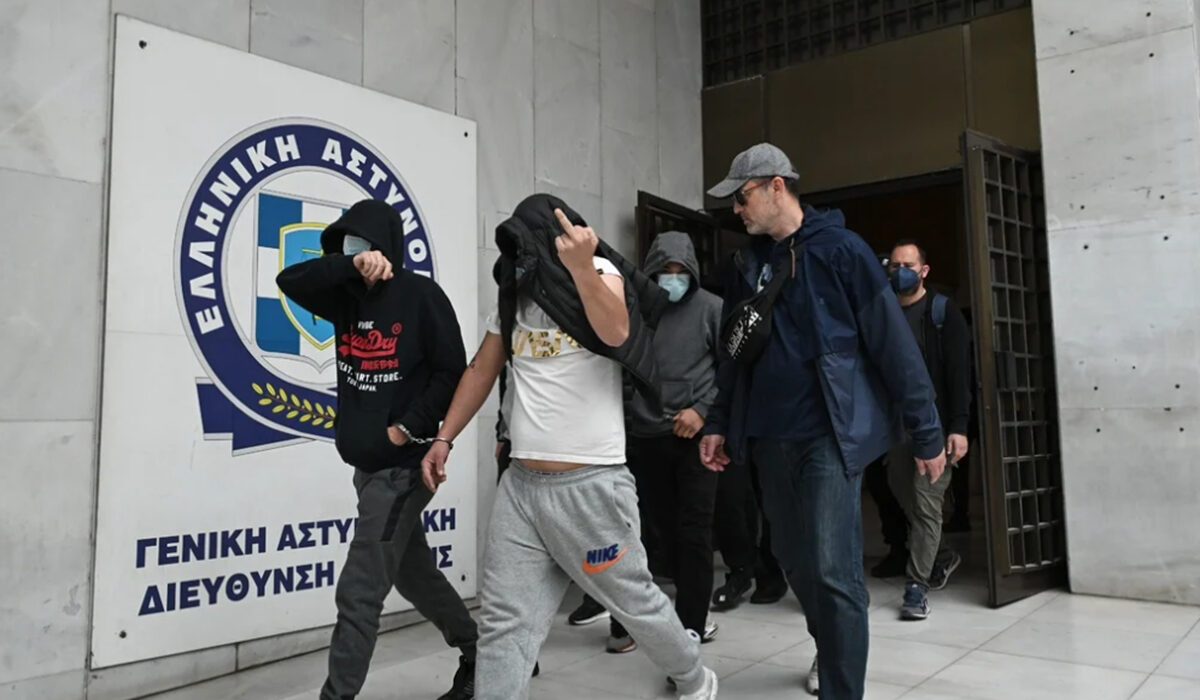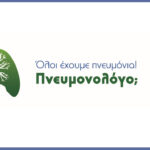The underworld of Greek football has long been a subject of fascination and controversy, with allegations of corruption, match-fixing, and involvement with organized crime. Olympiacos, one of Greece’s most successful football clubs, has found itself at the center of numerous investigations over the years.
Now, recent investigation has shed light on what appears to be a nexus between the organized hooligans of Gate 7 and the official representation of Olympiacos, one of Greece’s premier football clubs. The dossier, made public by iEidiseis, contains compelling evidence suggesting a symbiotic relationship between the two entities.
According to sources familiar with the case, a wealth of evidence points to the formation of a well-structured criminal organization by Olympiacos supporters, dating back to at least early 2019. This organization allegedly engages in a range of criminal activities, including arson, possession and construction of explosive devices, homicides, assaults, thefts, robberies, and extortion, all motivated by fanatical allegiance to the club.
The investigation highlights the involvement of both prominent and lesser-known figures within the organization, known colloquially as the “big” and “small” members of Gate 7, respectively. Moreover, testimonies from witnesses, some of whom are under witness protection, suggest potential ties between the criminal organization and high-ranking officials of Olympiakos FC and the Olympiakos Fans Association.
Of particular concern is the alleged complicity of certain club officials in facilitating the activities of the hooligan organization. Instances have been cited where individuals linked to the criminal network were granted access to stadium facilities and football matches under the guise of official roles within the club.
Notable incidents, such as the clashes during the Olympiacos vs. AEK match in April 2023 at the Karaiskakis Stadium, and similar disturbances at the Panthessaliko Stadium in Volos in December 2023, underscore the brazenness of the organization’s actions. In both cases, individuals associated with Gate 7 reportedly breached security protocols with apparent assistance from within the club.
Further revelations from the investigation expose a concerning trend of club-affiliated individuals providing material support to the criminal organization, including distributing complimentary tickets and securing employment for members in various capacities, often without legitimate duties.
The implications of these findings extend beyond the realm of football, raising questions about the integrity of institutions within Greek society and the efficacy of efforts to combat organized crime. As the investigation unfolds, authorities face mounting pressure to hold accountable those responsible for perpetuating this troubling alliance between sport and criminality.
In the glare of public scrutiny, the intricate web of corruption and collusion surrounding Greek football stands exposed, demanding urgent action to restore integrity and safeguard the spirit of the game.





